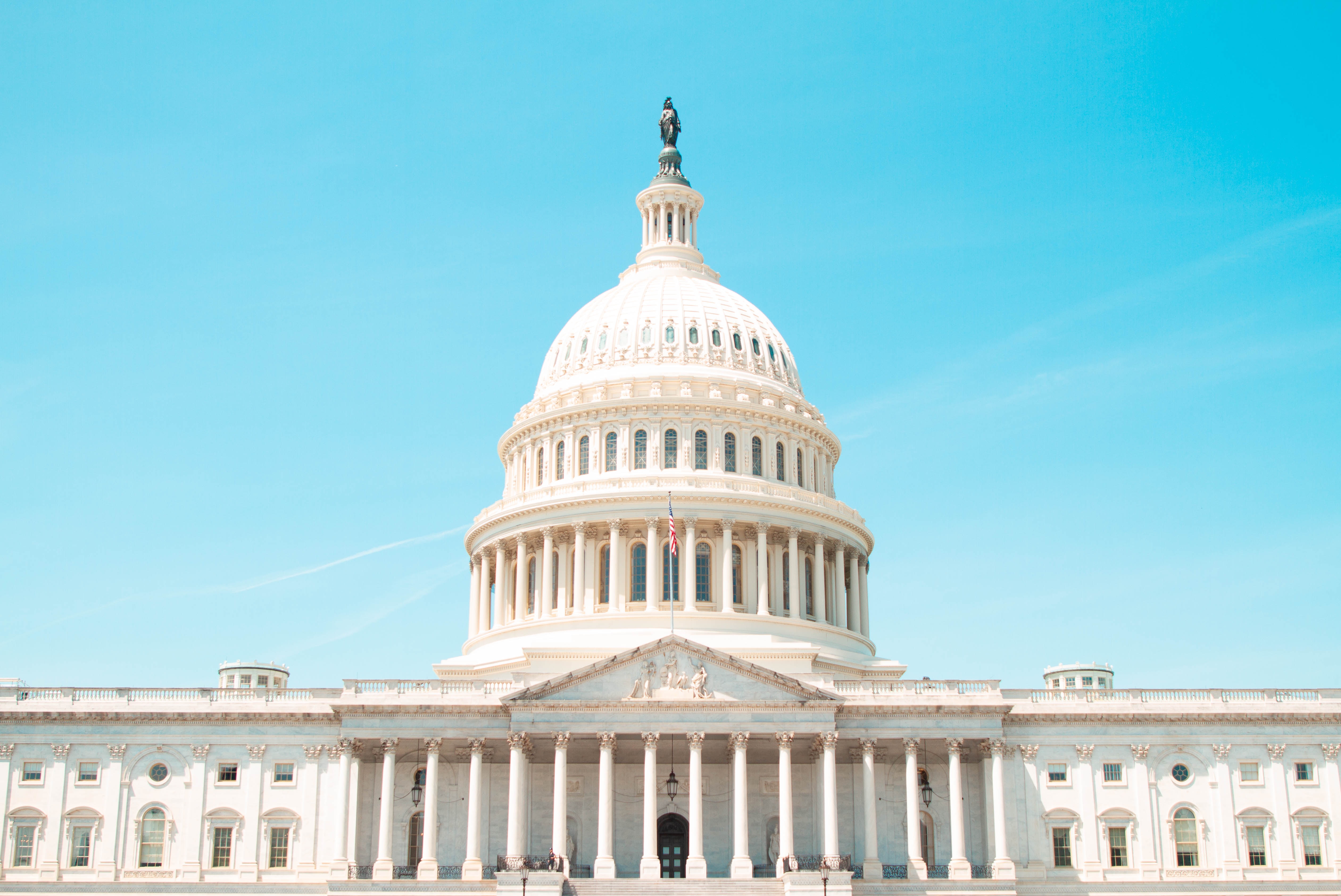On October 22, 2019, the Copyright Alternative in Small-Claims Enforcement Act (the CASE Act), was approved by a 410-6 vote in the House of Representatives. The intention of the Act is to establish a small claims court for content creators to more easily take legal action against alleged infringers.
Currently, copyright infringement actions (and really all intellectual property litigation) can cost a lot of money for plaintiffs and defendants alike. Intellectual property matters constitute subject matter jurisdiction and are brought in the federal courts, where litigation tends to come at a high price.
Under the CASE Act, when the stakes are lower in threatened infringement actions, potential plaintiffs will be able to bring said claims through the U.S. Copyright Office. If it becomes law, the CASE Act would cause the U.S. Copyright Office to assign “Copyright Claims Officers” who have the ability to provide relief to plaintiffs in the amount of $15,000 per infringed work, with a cap of $30,000 in damages in any given action.
In the current landscape, the sheer cost of litigating a copyright infringement action oft serves as a deterrent for potential plaintiffs to seek relief. This then leads to infringers often having the ability to steal works with impunity. The CASE Act aims to solve that problem by providing copyright holders a new, much more cost effective outlet for recovering damages.
However, some share a concern that while the CASE Act will benefit those copyright holders with fewer assets to proceed in hefty litigation, it may also open the doors to too many actions and chill a lot of speech on the internet. For instance, there may be a lot of fair use occurring on social media platforms, through the use of memes and otherwise, that could be challenged through the small claims system. If awards are given for such unauthorized use of content, it could eradicate the Internet of content that is generally enjoyed as a form of entertainment by all.

